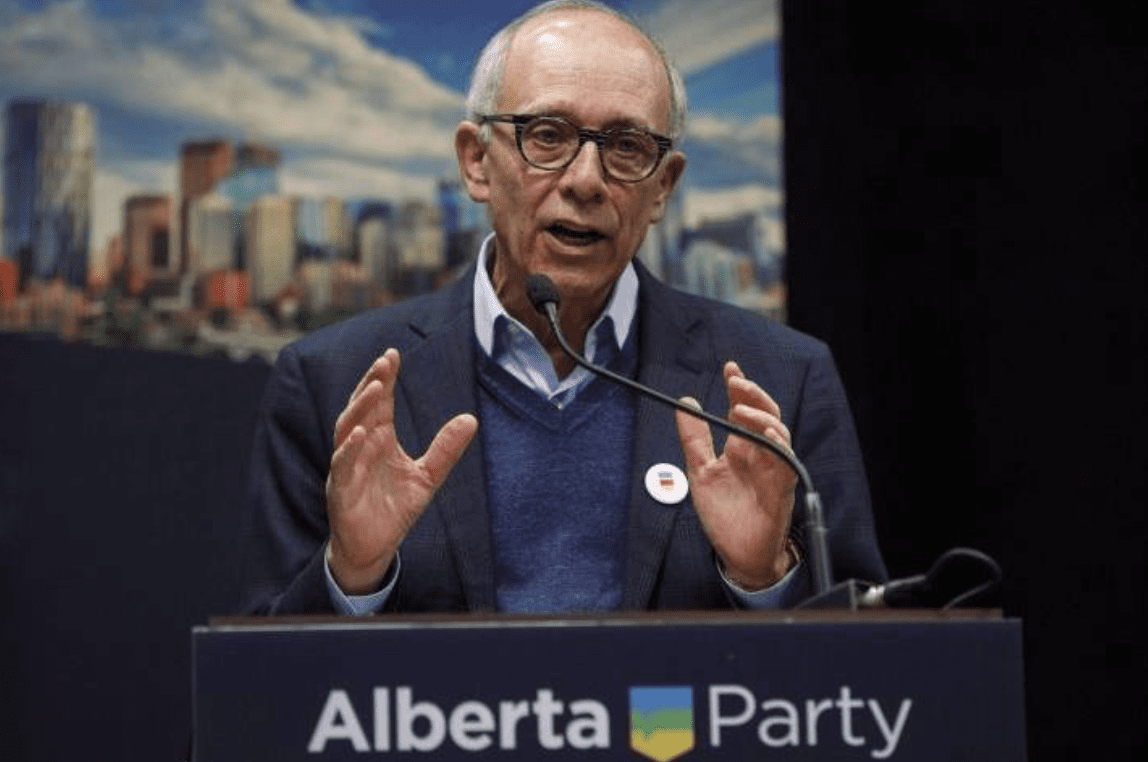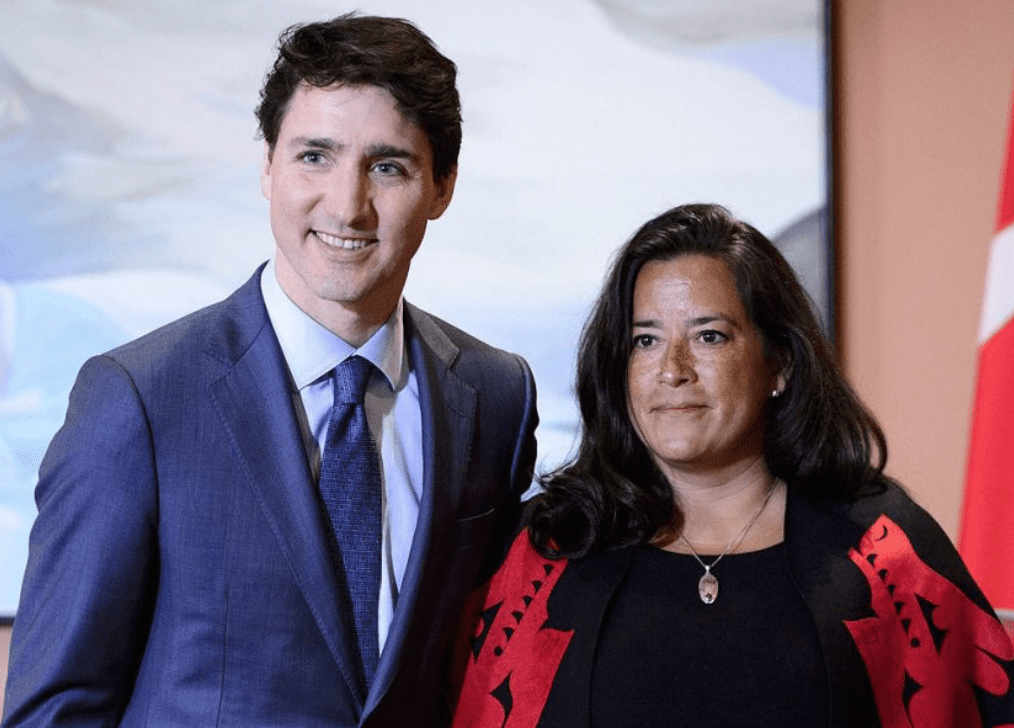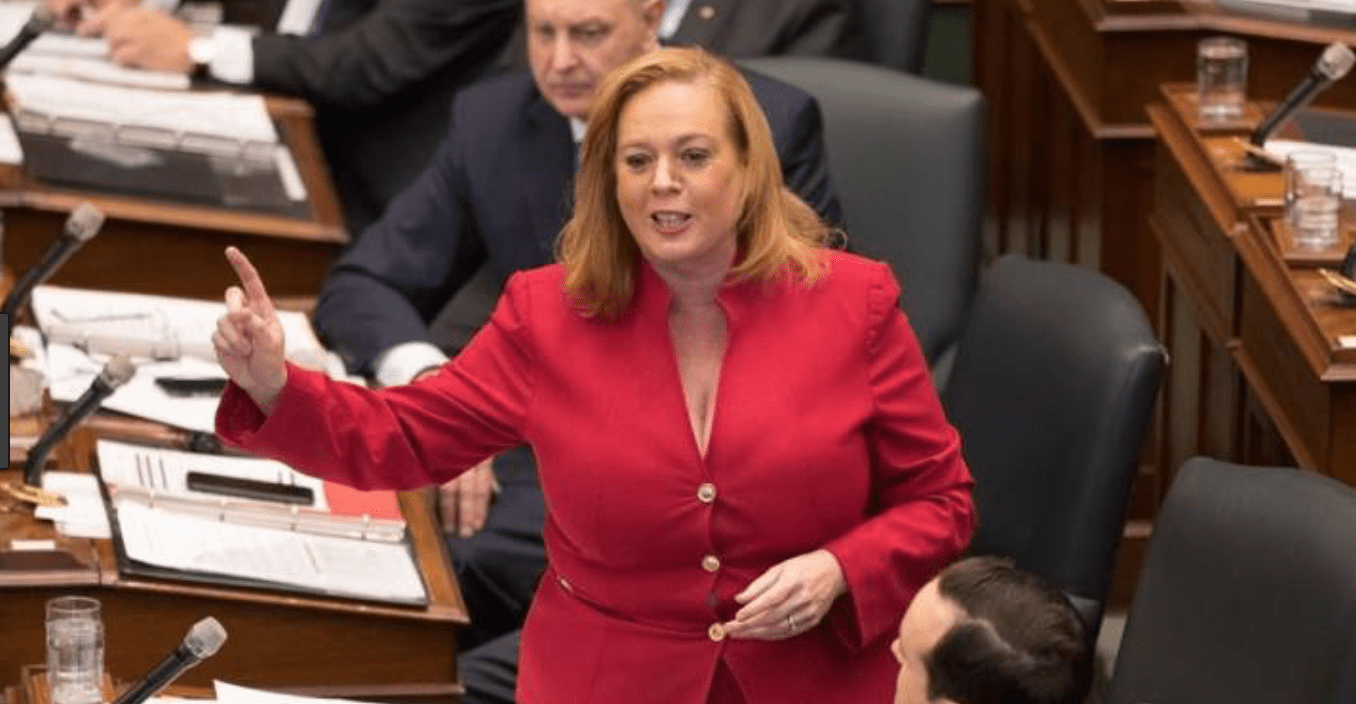The third pony in Alberta's essentially two-horse election race just drifted farther back from the leaders.
The Alberta Party stumbled over the most unlikely of obstacles. Late filing on nomination contest finances has earned leader Stephen Mandel a ban on running for office until 2023. Five other Alberta Party candidates are in the same pickle.
Mandel is headed to Court of Queen's Bench on Feb. 22 to fight the ban. He says the rules are confusing and Elections Alberta's timeline doesn't jibe with the legislation. He says the party officer who was responsible for tracking expenses was sick during the period when the filing should have been done.
Elections Alberta says the report was due on Sept.12. And there is a 10-day grace period. A reminder was mailed in July. Mandel's paperwork was filed on Sept. 27.
Even if Mandel wins in court, this miss-step has done damage to a party that has been working hard to establish itself as the centre alternative to the right-drifting UCP and the NDP on the left.
Mandel is no political neophyte. He was Edmonton's mayor for three terms and came out of retirement to serve as Progressive Conservative health minister in Premier Jim Prentice's cabinet. He lost his Edmonton-McClung seat in the 2015 NDP sweep.
When the PCs folded into the UCP, Mandel switched to the Alberta Party, winning the leadership in 2018.
Clearly Mandel is not a micro-manager considering that this filing managed to slip under the radar. But for a voter, the episode raises some questions about the party's ability to keep it together through the election, let alone after.
Mandel has picked up an unlikely ally: UCP Leader Jason Kenney. Kenney argues the five-year ban on running for election is disproportionate to the offence.
The UCP leader is having his own issues with Elections Alberta, which is investigating the UCP leadership contest Kenney won in 2017 after receiving complaints of irregularities.
Any chance Mandel and Alberta Party may bleed off some centre votes from the NDP, particularly in the NDP's Edmonton stronghold, is a good thing for the UCP.
Polls show the Alberta Party well back of the front-runners. A mid-January poll, before Mandel's paperwork debacle came to light, showed 7.7 per cent of decided and leaning voters would support the Alberta Party, just a point and a half ahead of the fourth place Liberals.
Despite that, the party has some strong candidates, particularly in Edmonton and Calgary. Mandel has track record and credibility in a city that has little appetite for the UCP. Former Alberta Party leader Greg Clark, MLA for Calgary Elbow, is well respected inside and outside the legislature. Katherine O'Neill is a former president of the Progressive Conservative Party, now running for the Alberta Party in Edmonton-Riverview.
Alberta Liberals are likely rubbing their hands in glee over the Alberta Party's predicament. The two parties occupy similar positions on the political spectrum, but it was the Alberta Party that seemed to attract disaffected Progressive Conservatives when that party merged with the Wildrose to form the more right-leaning UCP.
If Mandel loses his court case at the end of February, his party will be in a conundrum. In practical terms it can't move into the spring election effectively with a leader barred from running for a seat.
The party might consider an interim leader, such as Clark or O'Neill. But that would be a scramble for a party that isn't well known for organizational deftness.
The Alberta Party has been struggling to carve out its niche for the past eight or nine years. It portrays itself as a positive alternative to the hyper-partisan parties at the front of the race. The fact that there is nary a negative word on party leader Mandel's rather stilted Twitter feed gives some indication that the party is trying to differentiate itself from big, tough, mean opponents to its left and right.
The party had a pretty successful fundraising year in 2018, collecting $594,000 in a province with pretty hefty limits on political donations. Not bad when one considers that the year before it was elected to a majority government, the NDP raised $777,000 with looser contribution rules.
Right now the Alberta Party would benefit from a contribution of some business expertise and a manager blessed with attention to detail.
Photo Credit: CISN Edmonton










